Introduction
Lithium iron phosphate (LiFePO4) batteries have emerged as a revolutionary force in the world of advanced energy storage solutions. Their unique properties and performance characteristics offer distinct advantages over traditional battery chemicals. As the demand for more sustainable, efficient, and safe batteries increases across various sectors, understanding the suitability and benefits of LiFePO4 batteries becomes crucial for those seeking reliable energy solutions.
Overview of LiFePO4 Batteries
What Are LiFePO4 Batteries?
Composition and Basic Structure
LiFePO4 batteries utilize lithium iron phosphate as their cathode material, paired with a graphite anode. This combination results in a stable electrochemical structure, providing durability and robustness against physical and chemical stresses, which sets the stage for their reliability and long service life.
Explanation of Lithium Iron Phosphate as a Material
The choice of lithium iron phosphate involves several strategic benefits, including its non-toxic nature and excellent thermal properties that contribute significantly to the overall safety profile of the battery. It also prevents the battery from undergoing significant expansion during charge cycles, which enhances its structural integrity over time.
Comparison with Other Battery Types
How LiFePO4 Stands Out from Other Lithium Batteries
LiFePO4 batteries distinguish themselves by offering a stable performance at high temperatures and excellent safety features, with a much lower risk of experiencing thermal runaway—a common problem in batteries containing cobalt or manganese.
Contrast with Traditional Lead-Acid and Other Lithium-Ion Batteries
When compared to lead-acid batteries, LiFePO4 batteries are lighter, have a higher energy density, and do not suffer from the memory effect, enabling them to maintain most of their capacity even after numerous charge cycles. Furthermore, they offer environmental advantages over both lead-acid and many other lithium-ion battery types, which often contain more hazardous materials.
Core Advantages of LiFePO4 Batteries
Longevity and Cycle Life
Explanation of Cycle Life and Its Importance
The cycle life of a battery defines how many complete charge and discharge cycles it can undergo before its capacity falls below a designated percentage of its original capacity. For LiFePO4 batteries, this threshold is remarkably high, which translates directly into fewer replacements and a reduced total cost of ownership.
Data on the Longevity of LiFePO4 Batteries
Empirical data shows that LiFePO4 batteries can typically deliver upwards of 2000 to 5000 cycles, with some manufacturers claiming even higher numbers under optimal conditions. This longevity is particularly beneficial for applications like electric vehicles and solar energy storage, where frequent battery replacements can be costly and inconvenient.
Safety Features
Thermal Stability and Voltage Stability
One of the standout features of LiFePO4 batteries is their high thermal and voltage stability. They operate safely under a wide range of temperatures and conditions, which is crucial for both consumer safety and consistent performance.
Discussion on Safety Compared to Other Battery Chemistries
The safety of LiFePO4 is superior when compared to other lithium-ion chemistries due to its phosphate-based structure, which is inherently less reactive under conditions that would typically cause other batteries to fail or even catch fire.
Energy Efficiency and Power Density
How LiFePO4 Batteries Maximize Energy Use
These batteries are characterized by their high efficiency, meaning a greater percentage of the electrical energy stored is usable. Their low self-discharge rate further enhances this efficiency, making them ideal for use in energy storage systems that require long-term reliability.
Power Density and Its Implications for Various Applications
Despite a slightly lower energy density compared to some other lithium-ion batteries, LiFePO4 batteries provide sufficient power density for high-power applications, including portable electronics and electric vehicles, without compromising safety or longevity.
Technical Advantages
Fast Charging and Deep Discharge Capability
Time Efficiency in Charging Processes
LiFePO4 batteries can be charged at a faster rate compared to many other battery types without degrading the battery’s health. This is particularly advantageous in applications where downtime needs to be minimized, such as in commercial electric vehicles and emergency power supplies.
Resilience in Deep Discharge Scenarios
These batteries also excel in their ability to handle deep discharges repeatedly. They can typically be discharged up to 80% of their capacity without significant losses in future capacity or performance, which is a significant advantage over other chemicals that degrade more rapidly under similar conditions.

Battery Management Systems
Role of BMS in Enhancing Battery Performance and Safety
A robust Battery Management System (BMS) is integral to maximizing the performance, lifespan, and safety of LiFePO4 batteries. The BMS actively monitors and manages the charge state and health of each cell within the battery pack to prevent overcharging, over-discharging, and overheating.
Integration of BMS with LiFePO4 Technology
The integration of advanced BMS with LiFePO4 lanpwr technology allows for precise control over battery functions, ensuring optimal performance and enhancing the safety profile, which is crucial in preventing potential operational hazards.
Environmental and Economic Benefits
Eco-Friendly Batteries
How LiFePO4 Batteries Contribute to Environmental Sustainability
LiFePO4 batteries offer a significant environmental edge. They contain no hazardous heavy metals like lead or cadmium, common in other battery types, and their long lifespan reduces waste and the need for frequent replacement.
Benefits in Terms of Reduced Toxicity and Recyclability
The materials used in LiFePO4 batteries are less toxic and more easily recyclable than those in many other chemistries, supporting sustainability goals and reducing environmental impact.
Cost-Effectiveness
Analysis of Upfront Costs vs Long-Term Savings
While the initial investment in LiFePO4 batteries might be higher, their extended lifespan, minimal maintenance, and lower operational costs deliver substantial savings over time. This makes them a cost-effective choice for both consumers and industries.
Economic Benefits for Large-Scale and Long-Term Uses
The economic advantages of LiFePO4 batteries extend to large-scale energy projects and critical infrastructure applications. Their reliability and low maintenance requirements make them an economically sound choice for projects requiring a dependable long-term energy solution.
Applications of LiFePO4 Batteries
Renewable Energy Storage
Use in Solar Energy Storage Systems
LiFePO4 batteries are particularly well-suited for solar energy systems, where they can store excess energy generated during peak sunlight hours and provide power during the night or cloudy periods. This capability enhances the overall efficiency and reliability of solar energy installations.
Advantages of Other Renewable Energy Systems
Their robustness also makes them ideal for integrating into other types of renewable energy systems, such as wind turbines, where stability and long cycle life support continuous operation and efficient energy use.

Off-grid and Mobile Applications
Importance in Off-Grid Applications Like Remote Sensors and Backup Power
The reliability and long cycle life of LiFePO4 batteries make them perfect for remote, off-grid applications where frequent maintenance is impractical. Their ability to withstand harsh environmental conditions and provide consistent power over extended periods without intervention is crucial.
Use in Marine, RV Power, and Electric Vehicles
Furthermore, their lightweight and compact form factor, combined with their safety features, make them an excellent choice for mobile power solutions such as marine applications, recreational vehicles, and electric vehicles. In these settings, the benefits of LiFePO4 batteries can be fully realized, providing efficient, reliable, and safe power on the move.
Conclusion
The advantages of LiFePO4 batteries are transformative across many applications, from residential to industrial and environmental systems. They offer a compelling combination of safety, performance, and environmental benefits that make them a preferred choice for a sustainable future.
To harness the full potential of LiFePO4 technology, it is advisable to engage with energy experts and consider these batteries for your next project or energy need. With their numerous advantages, LiFePO4 batteries stand ready to meet the challenges of modern energy demands and environmental considerations.

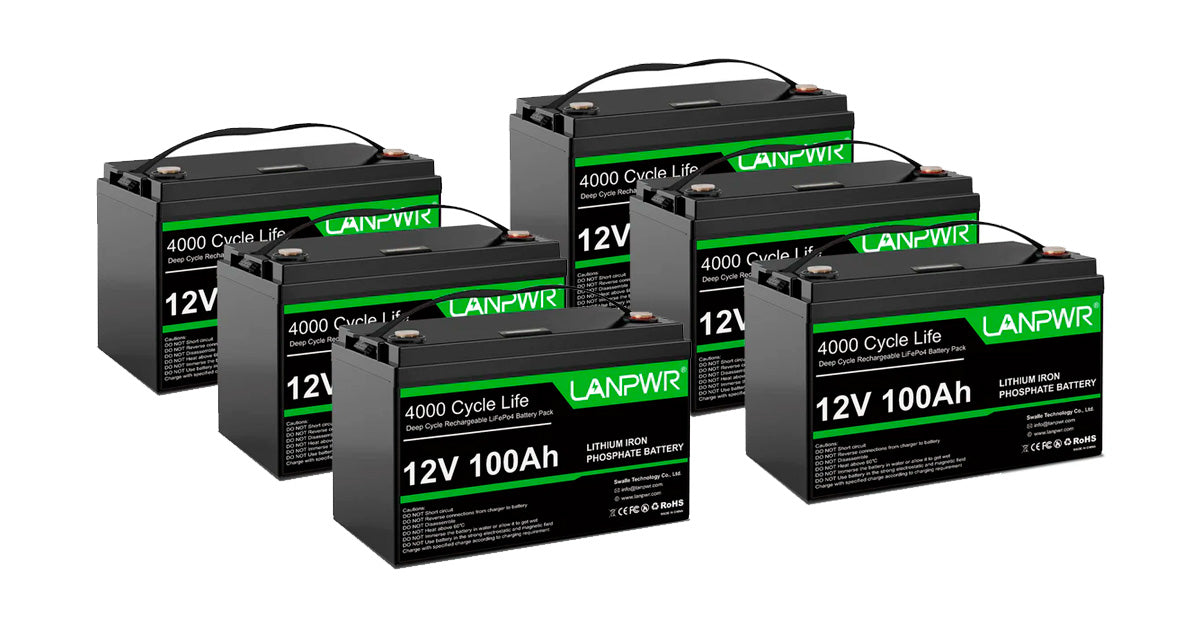
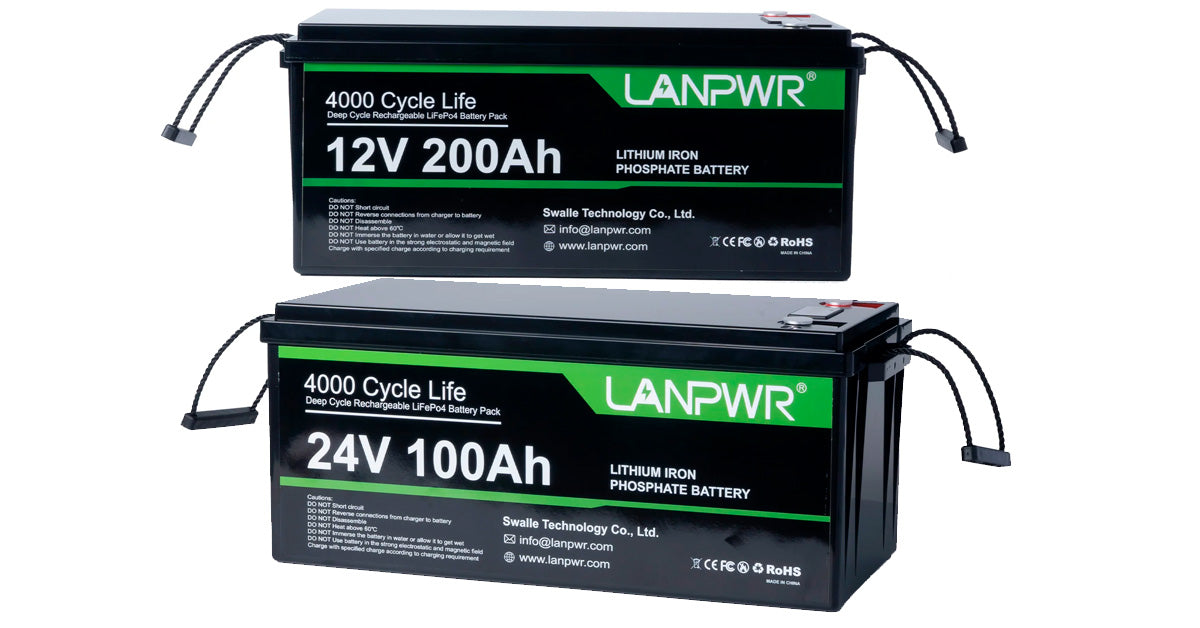



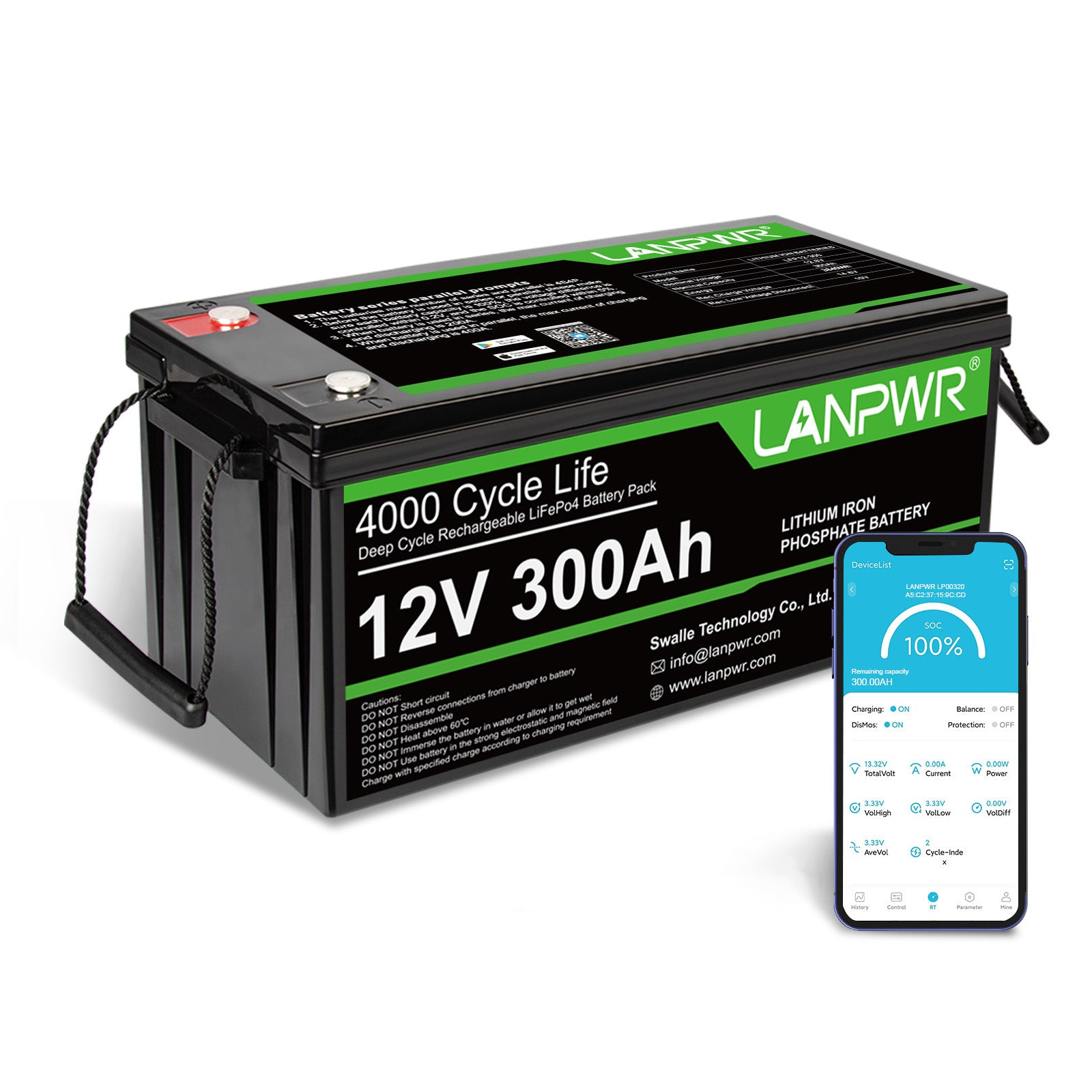

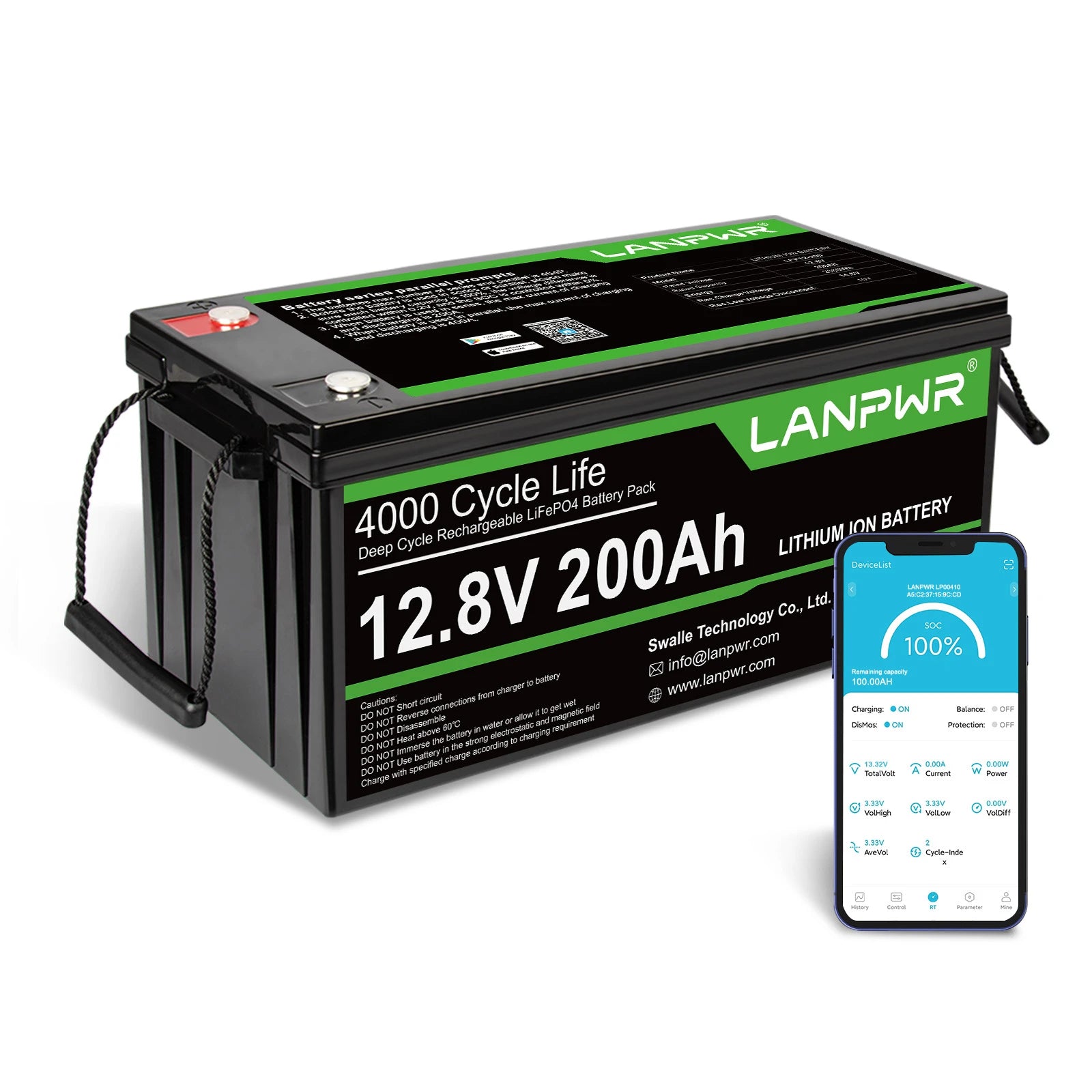
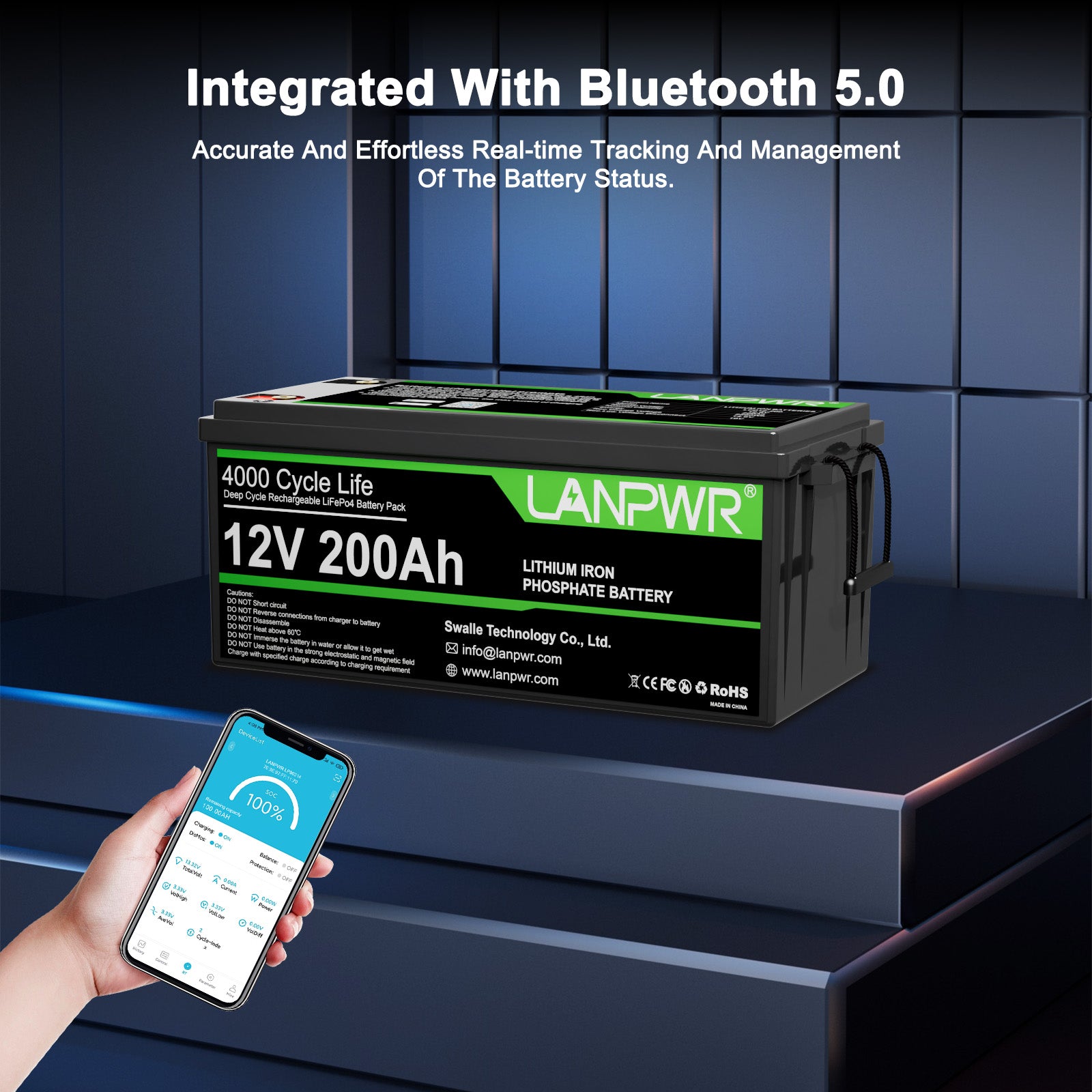
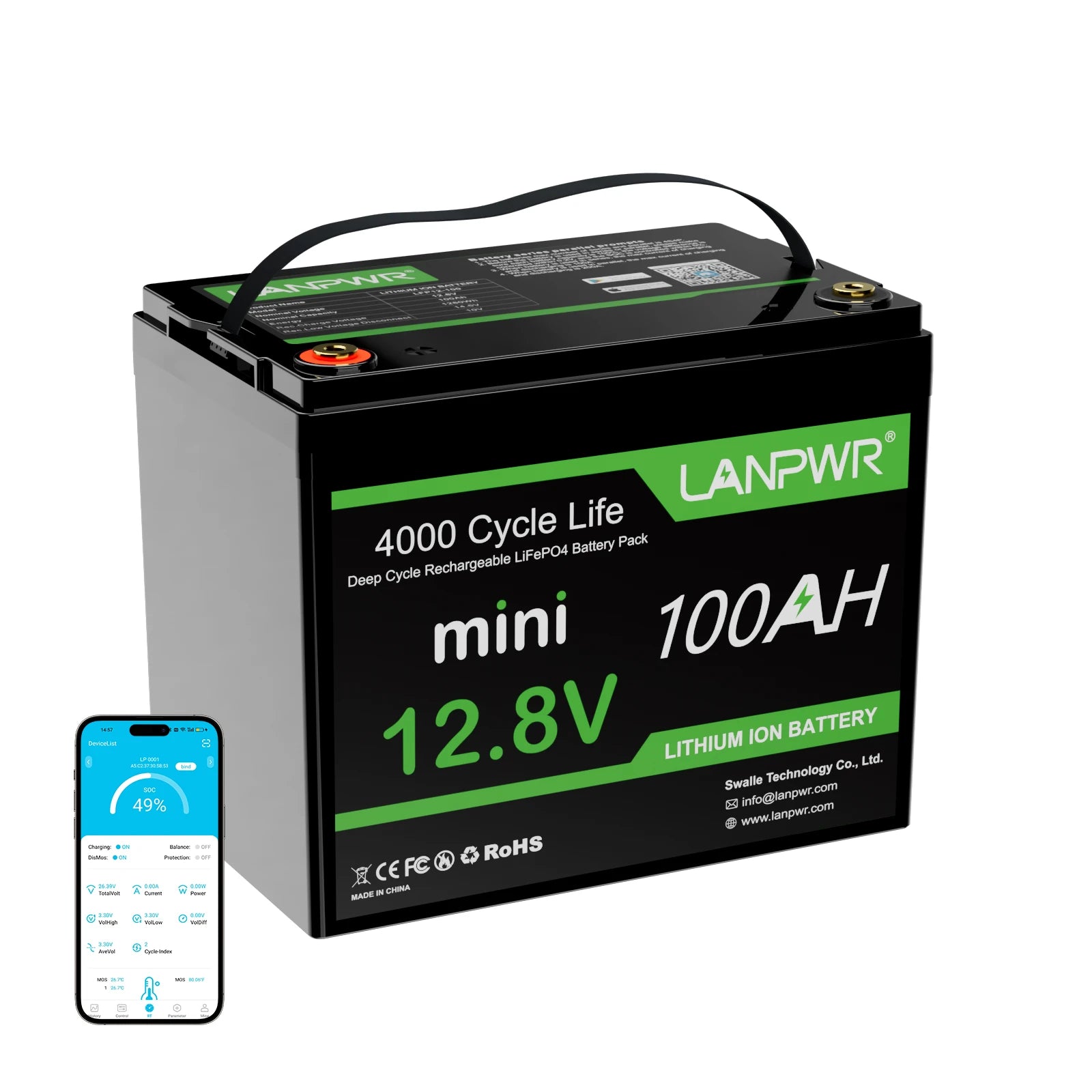

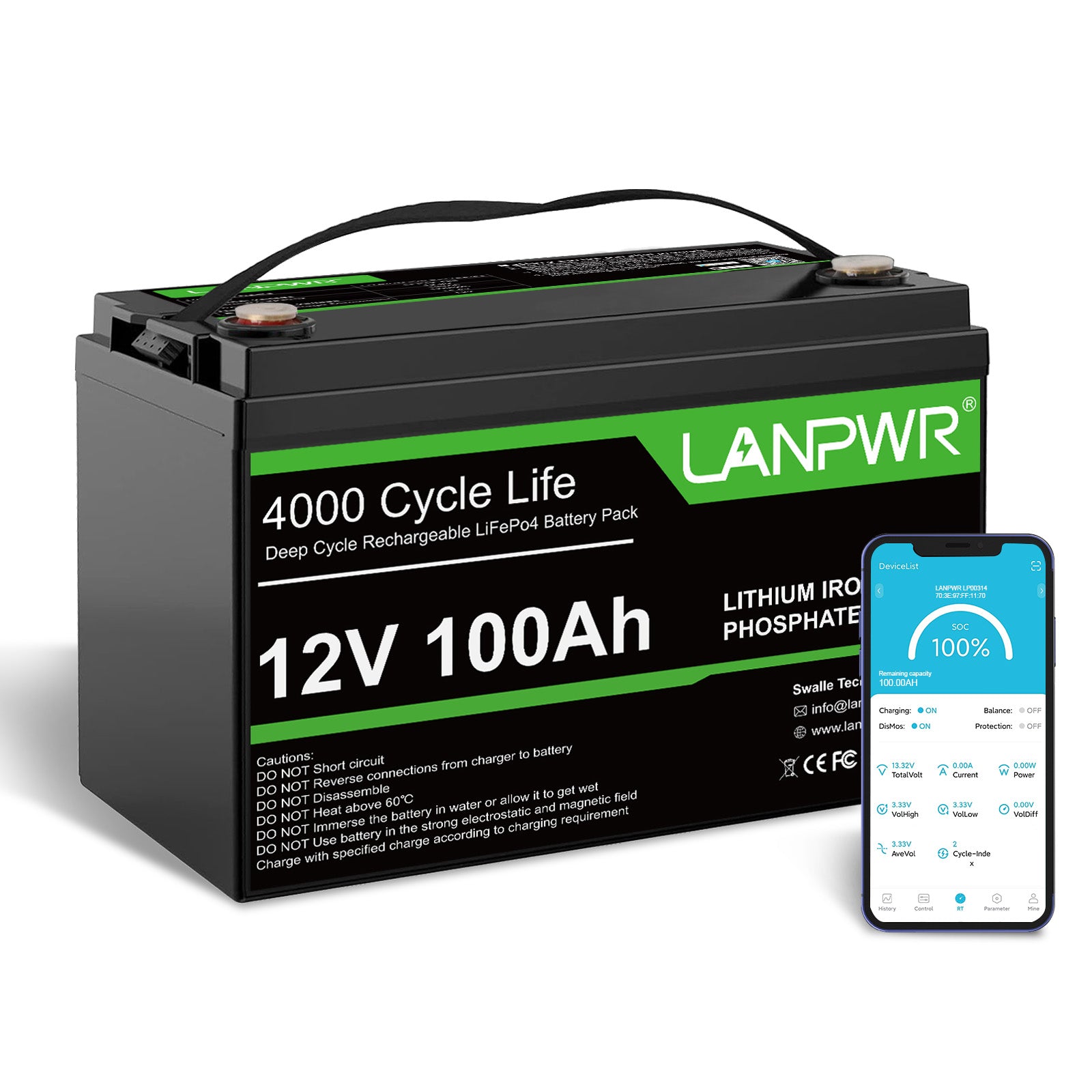

Leave a comment
This site is protected by hCaptcha and the hCaptcha Privacy Policy and Terms of Service apply.